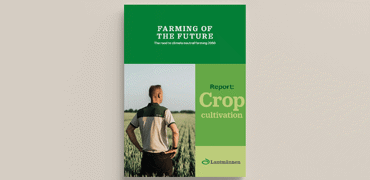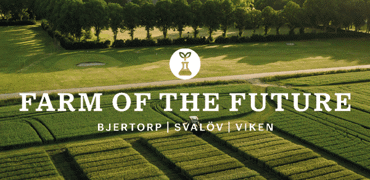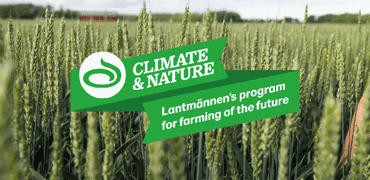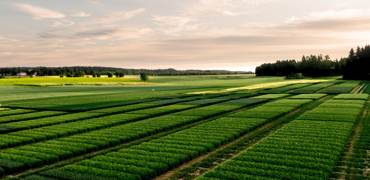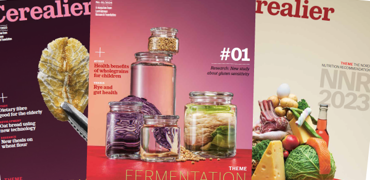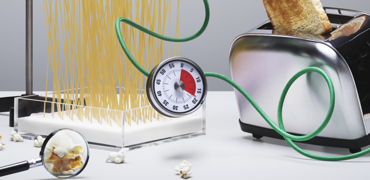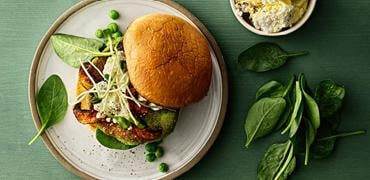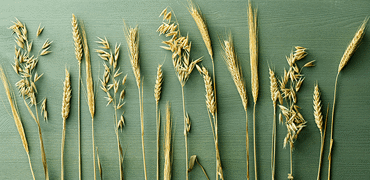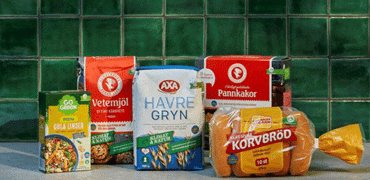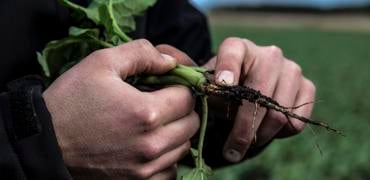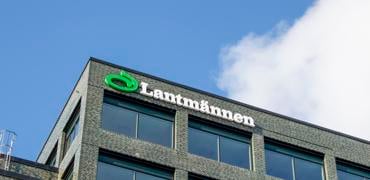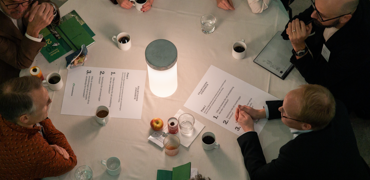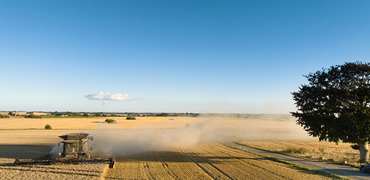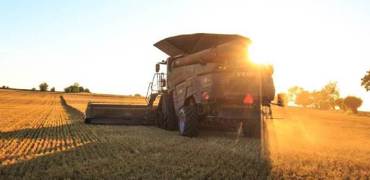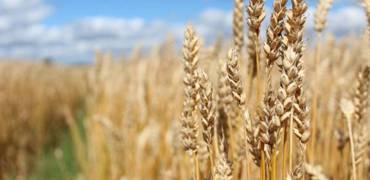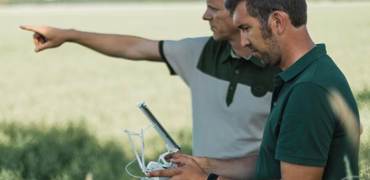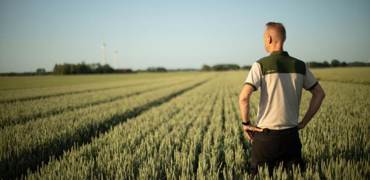As I found out in my earlier interview, Lantmännen Unibake considers Sustainable nutrition as a one future fit way of thinking about food production. This is way I asked to interview Marika Lyly, Nutrition and Research manager for Lantmännen Unibake International. Marika has a long journey within nutrition, as she has been working in the bakery industry since 2011, and before that as a researcher.
Likewise to my previous interviews, Marika sees sustainable nutrition as an essential part in ensuring the future of the planet for next generations. ” We need to pay attention to our food system and our diet, if we want to have healthy planet and healthier people in the future. Our responsibility as a global food producer is to be part of the solution and seek ways to contribute to this matter in positive way.”

For Marika, sustainable nutrition is a term that is very much linked to planetary health. “Planetary health diet by EAT Lancet Commission is a great concept, because it highlights that every kinds of food can fit into your diet. It is more about deciding what foods are in bigger role in the diet, and what should be consumed less. It is a concept that has no black and white thinking with “good” and “bad” foods.” In addition to Planetary health diet, Marika combines sustainable nutrition to the product level, for comparing different products. Sustainable nutrition is about producing foods that are nutritious and bring nutritional and health benefits to people with smallest possible environmental impact. In this way we use our arable land and other environmental resources in a responsible way.
Sustainable nutrition gives us a tool to compare products with regard their nutrition value and environmental footprint, both within a certain food category and also across categories, to find more sustainable choices to our plate. For example, a bread low in fiber could be considered as less sustainable than a bread with wholegrains, a high fibre content and lot of vitamins and minerals. It is because the same environmental impact has been created in the field when the grain ingredients were grown there for both products, but less nutrients are left “in the fork” in the nutrient-poor bread.
As I have learned in my interviews, Lantmännen has ongoing work around theme sustainable nutrition allover our production. One example is our bakery in Belgium, where special attention has been paid to the fibre content of the products. “Nutritional content is really getting the attention, without forgetting the great taste of course”, Marika says. Good work has also been made in Latvia, where extensive work to improve the fiber content has been made to many existing products.
However, new ideas are sought all the time. Marika would like to see more solutions that could ensure our planetary health in future. “There are so many aspects in planetary health. We are talking about greenhouse gas emissions, water footprint, ecological footprint, loss of biodiversity and many more concepts. It can be really confusing. We need better terms and concepts within the sustainability topic, which are well and openly explained to everybody. Also, calculation methods need harmonization.” This leads me to find out Marika’s point of view how to engage more people to be interested in sustainable nutrition. “It is about the way we talk about it: we should highlight the possibilities and potential we have on this area rather than issues. To engage people, we need more concrete examples and link this to our future-fit -thinking with positive perspective.” Speaking about positive perspective, Marika agrees with my previous interviews that Lantmännen has a great position and capabilities to work with sustainable nutrition and be as an active player in this field. “This years theme, Sustainable nutrition, at Lantmännen’s accelerator Greenhouse gives a strong indication that we will see fantastic things around this topic in the future!“






